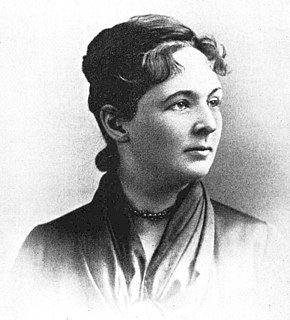A Quote by Charles Caleb Colton
Success seems to be that which forms the distinction between confidence and conceit.
Quote Topics
Related Quotes
I have endeavoured to show that no absolute structural line of demarcation, wider than that between the animals which immediately succeed us in the scale, can be drawn between the animal world and ourselves; and I may add the expression of my belief that the attempt to draw a physical distinction is equally futile, and that even the highest faculties of feeling and of intellect begin to germinate in lower forms of life.
Despite the apparent absoluteness of the First Amendment, there are any number of ways of getting around it, ways that are known to any student of law. In general, the strategy is to manipulate the distinction between speech and action which is at bottom a distinction between inconsequential and consequential behavior.
My mother drew a distinction between achievement and success. She said that 'achievement is the knowledge that you have studied and worked hard and done the best that is in you. Success is being praised by others, and that's nice, too, but not as important or satisfying. Always aim for achievement and forget about success.
There is only one law of Nature-the second law of thermodynamics-which recognises a distinction between past and future more profound than the difference of plus and minus. It stands aloof from all the rest. ... It opens up a new province of knowledge, namely, the study of organisation; and it is in connection with organisation that a direction of time-flow and a distinction between doing and undoing appears for the first time.
If the denial of death is self-hatred, as it is to deny our freedom and live in fear of death (which is to say, to live in a form of bondage), then the acceptance and affirmation of death is indeed a form of self-love. But I'd want to make a distinction between a form of self-love which is essential to what it means to be human, and a narcissism of self-regard, like Rousseau's distinction between amour de soi and amour propre, self-love and pride.




































